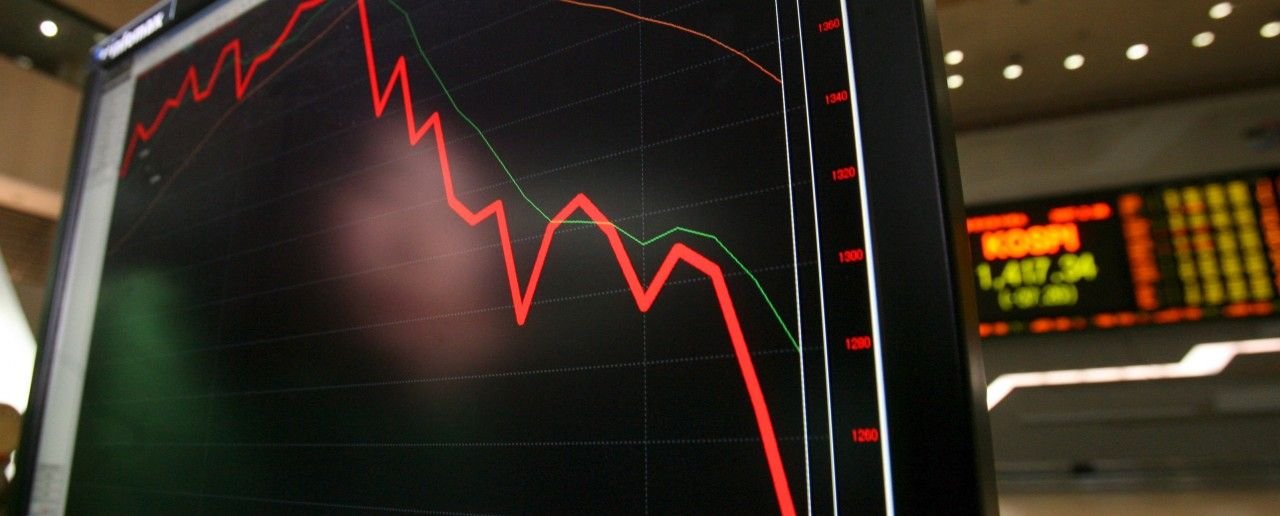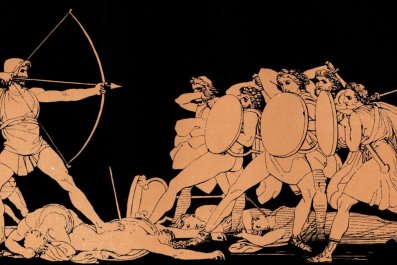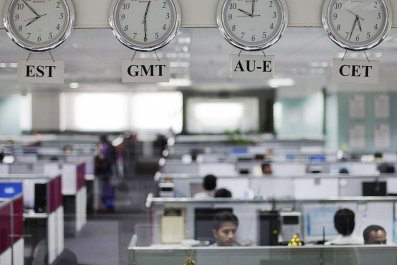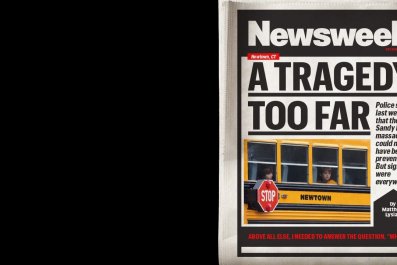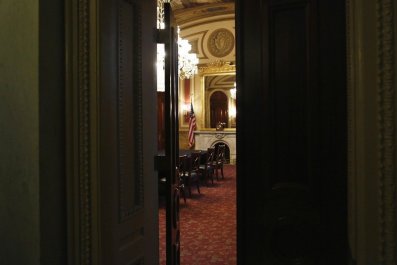James S. Chanos, a prominent short-seller in New York City known for wagering on falling stock prices, counts shares in CGI Group, the parent company of CGI Federal, as among his "largest short positions," according to persons briefed on the matter. That means Chanos, the founder of Kynikos Associates (the name means cynic in Greek), has placed potentially lucrative bets that CGI shares will fall in value.
CGI Group, whose CGI Federal is the main contractor behind the glitch-plagued Healthcare.gov, has been an investor favorite for nearly five years. Headlines on troubles at the federal health-insurance website, intended to be the showpiece reform of Obama's presidency, are drawing growing attention to the company, often called Canada's most valuable technology firm.
It appears that some investors may be starting to agree with Chanos: Some 29.9 million shares traded in Toronto - nearly 11 percent of CGI stock traded on all exchanges - are being shorted, according to FactSet, a financial data firm. (CGI also trades on the New York Stock Exchange and Nasdaq.)
Chanos, a closely watched investor who bet against Enron before it collapsed in 2004, declined to comment. Kynikos manages around $6 billion or so in assets. CGI has a market value of more than $11 billion.
Shares in CGI, whose CGI Federal subsidiary is based in Fairfax, Va., have been trading at near-record highs, though they are off their peak of $41.47 on November 14, according to Bloomberg trading data. While the stock has nudged down in recent weeks, changing hands at around $36.18 as of midday Tuesday, the company is still up around 56 percent this year.
But a 10-page memo Chanos sent recently to clients and obtained by Newsweek outlines the reasons he believes CGI's corporate performance - and stock price - warrant scrutiny. Among them are decreasing cash flow - a key metric of financial health - and falling bookings of new business, as well as various "accounting conventions" that have improved CGI's earnings, in part through recognizing revenue already counted by Logica plc, a big technology company CGI bought last year. Citing what he termed "the PR mess" surrounding its work on Healthcare.gov, Chanos added that the fallout could "reduce the likelihood of future government contracts" for CGI and even require the company "to give money back to the government."
George Thompson, a spokesman for CGI Group, did not return calls requesting comment.
The concerns Chanos raises in his undated memo (it cites CGI's earnings that ended on September 30, when its fiscal year ended) appear to be similar to those he raised regarding Caterpillar's $7.6 billion acquisition of Bucyrus, a mining equipment maker, in 2011. Chanos told an investor conference last July that he was shorting Caterpillar stock.
With his recent CGI memo, Chanos joined a minority group of equity analysts who believe the stock may be going for more than it is worth. In recent research reports, Michael Yerashotis, an equity analyst at Veritas Investment Research in Toronto, calls CGI shares "overvalued." Deutsche Bank, which has a "sell" rating on the stock, sees its value at $24 - about one-third its current price. Both Veritas and Deutsche Bank have raised questions about how CGI has accounted for its $2.7 billion purchase of Logica.
Michael Amenta, a research analyst and chartered financial analyst at FactSet, tells Newsweek that the number of CGI shares being shorted relative to the number of CGI shares traded daily is "high" compared with its peer group. That ratio, known in financial jargon as the "short interest ratio," indicates how long an investor shorting a stock has to make good on his bets - a key deadline that can indicate profit or ruin.
Some investors think a high ratio indicates trouble at a company and a future fall in share prices - happy news for short sellers. But there's another scenario: If good news on CGI sends shares upward and short-sellers have to scramble to buy back shares to cover their short positions, that buying could send CGI's stock price even higher - and hit short-sellers with losses.


